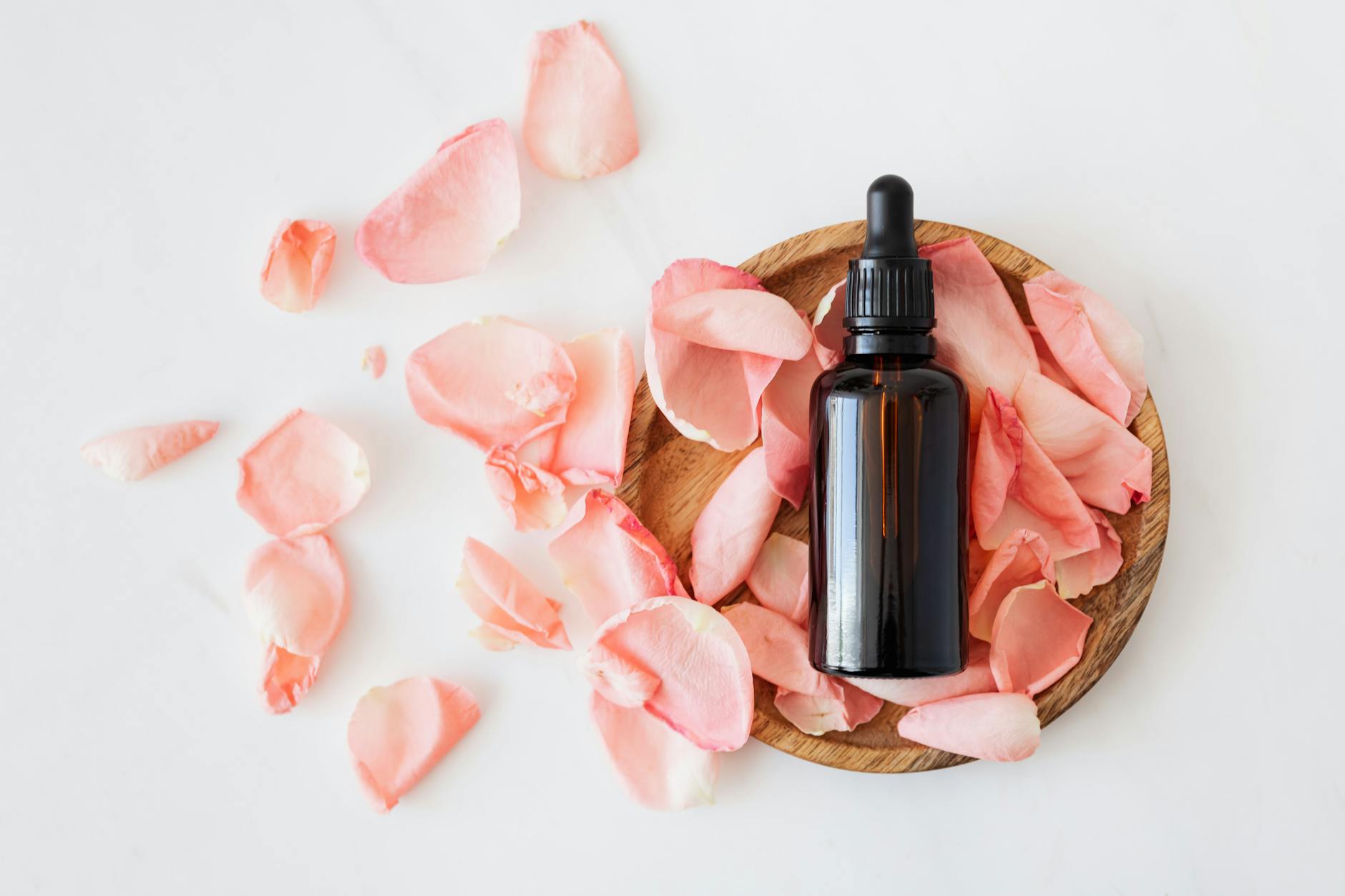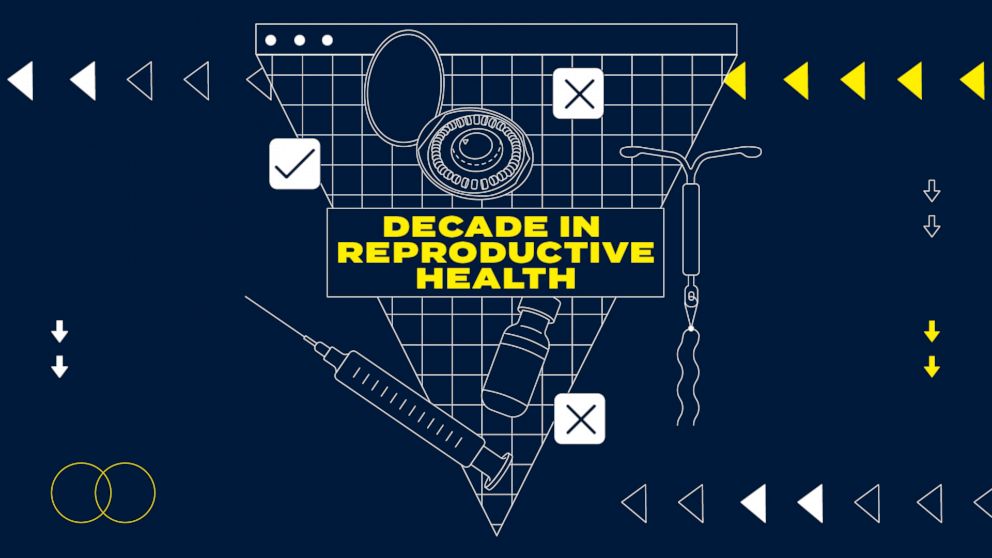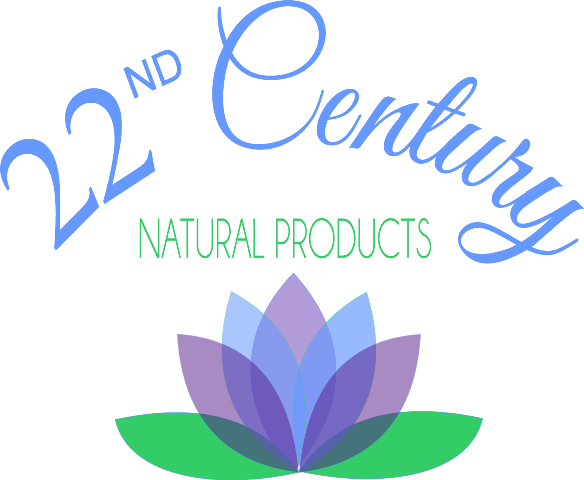The FDA's Fight for Hair Health: The Controversial Ban on Black Women's Products
The FDAs Fight for Hair Health: The Controversial Ban on Black Womens Products
Unveiling the FDA's bold ban on Black women's hair products: Is it a victory for health or a questionable controversy?

Image courtesy of Karolina Grabowska via Pexels
Table of Contents
It's no secret that the beauty industry has a long-standing history of perpetuating harmful standards, particularly when it comes to Black women and their hair. For decades, certain hair products marketed towards Black women have contained harmful ingredients that not only damage hair but also pose significant health risks. However, change may finally be on the horizon as the FDA considers a ban on these products. This potential decision, while controversial to some, holds immense promise for the well-being and empowerment of Black women.
Understanding the Harmful Hair Products
Before we delve into the ban itself, it's crucial to understand the specific products that are under scrutiny. These hair products, often marketed towards Black women, contain harmful ingredients such as formaldehyde, parabens, sulfates, and phthalates. These chemicals have been linked to severe health issues, including scalp irritation, hair loss, allergic reactions, hormonal disruptions, and even an increased risk of cancer.
Moreover, examining the historical context surrounding these products reveals a deeply rooted problem. For years, Black women have been targeted by the beauty industry, which has enforced Eurocentric beauty standards. These standards perpetuate the notion that natural Black hair is "unprofessional" or "unkempt," leading many to rely on damaging products to conform to these biased ideals.
The Effects on Black Women's Hair and Health
The consequences of using these harmful hair products on Black women's hair health are concerning. Continuous exposure to the damaging ingredients can lead to dryness, breakage, and thinning hair. Many Black women have shared their personal stories of struggling with hair damage, spending countless resources on restorative treatments, and experiencing a significant blow to their self-esteem and confidence.
However, the harmful effects extend beyond hair health. The chemicals in these products can seep into the scalp and be absorbed by the body, potentially causing more severe health issues in the long run. This is particularly alarming when considering the fact that Black women already face disproportionate health disparities, making it crucial to address and eliminate any further risks.
The FDA's Role in Protecting Consumers
In light of these concerning findings, the FDA has a pivotal role in protecting consumers from unsafe and harmful products. The agency is responsible for evaluating and regulating cosmetics, including hair care products. The consideration of a ban on these harmful hair products demonstrates the FDA's commitment to ensuring the safety and well-being of consumers.

Image courtesy of www.nytimes.com via Google Images
While some might argue that the FDA's involvement in the beauty industry is unnecessary interference, it is essential to recognize that the agency's primary purpose is to protect public health. Regardless of race or ethnicity, no consumer should be exposed to products that may compromise their well-being, especially when safer alternatives are available.
Recognition of Racial Bias in Beauty Standards
One cannot discuss the issue of harmful hair products without addressing the underlying racial bias that perpetuates such harmful standards. For too long, Black women have faced societal pressure to conform to Eurocentric beauty ideals that disregard the unique beauty and diversity of their natural hair. By banning these harmful products, we would take a significant step towards eliminating the biases deeply entrenched in the beauty industry.
Rather than forcing Black women to alter their natural hair textures to fit into a narrow definition of beauty, it is crucial to celebrate and embrace the diversity of hair types, styles, and textures. Recognizing and addressing racial bias in beauty industry regulations is a crucial aspect of dismantling these harmful beauty standards and fostering a more inclusive and empowering society.
Advocacy and Awareness Initiatives
Throughout this challenging journey, numerous advocacy and awareness initiatives have emerged to support and uplift Black women affected by harmful hair products. Organizations and campaigns have been instrumental in raising awareness about the dangers associated with these products and providing resources for Black women to find safer alternatives.

Image courtesy of www.goodmorningamerica.com via Google Images
By supporting these initiatives, we can contribute to a community-driven effort to protect the health of Black women and promote their self-acceptance and confidence. Standing together, we can amplify their voices and advocate for comprehensive regulation, innovation, and research towards safer and healthier beauty products for all.
Future Implications and the Fight for Change
Looking ahead, the potential ban on these harmful hair products can pave the way for significant changes in the beauty industry. If implemented, this decision should go hand in hand with increased research, innovation, and regulation aimed at providing safer alternatives for all consumers.
While this ban alone won't eradicate all the issues surrounding racial bias and harmful beauty standards, it serves as a powerful catalyst, igniting conversations and driving further progress. It is essential for this movement to continue advocating for change, pushing the boundaries of inclusivity, and demanding accountability from the beauty industry as a whole.
Stand for Hair Health: Subscribe to our Newsletter Now!
Stay Informed about FDA's Controversial Ban on Black Women's Hair Products.
Conclusion
The FDA's consideration of a ban on hair products harmful to Black women is an important step towards rectifying the historical harm caused by the beauty industry's biased standards. By acknowledging the detrimental effects of these products on Black women's hair and health, the FDA is demonstrating its commitment to consumer safety and well-being.
This potential ban brings hope for a future where all individuals can embrace their natural beauty without fear of harmful consequences. It is crucial for us to support advocacy initiatives and work collectively towards a more inclusive and empowering beauty industry that celebrates and appreciates the diverse beauty of Black women.
As we eagerly await the FDA's final decision, we must remain steadfast in our commitment to effecting meaningful change, fighting against racial bias, and advocating for safer beauty products for everyone. Together, we can create a future where true beauty knows no bounds.
